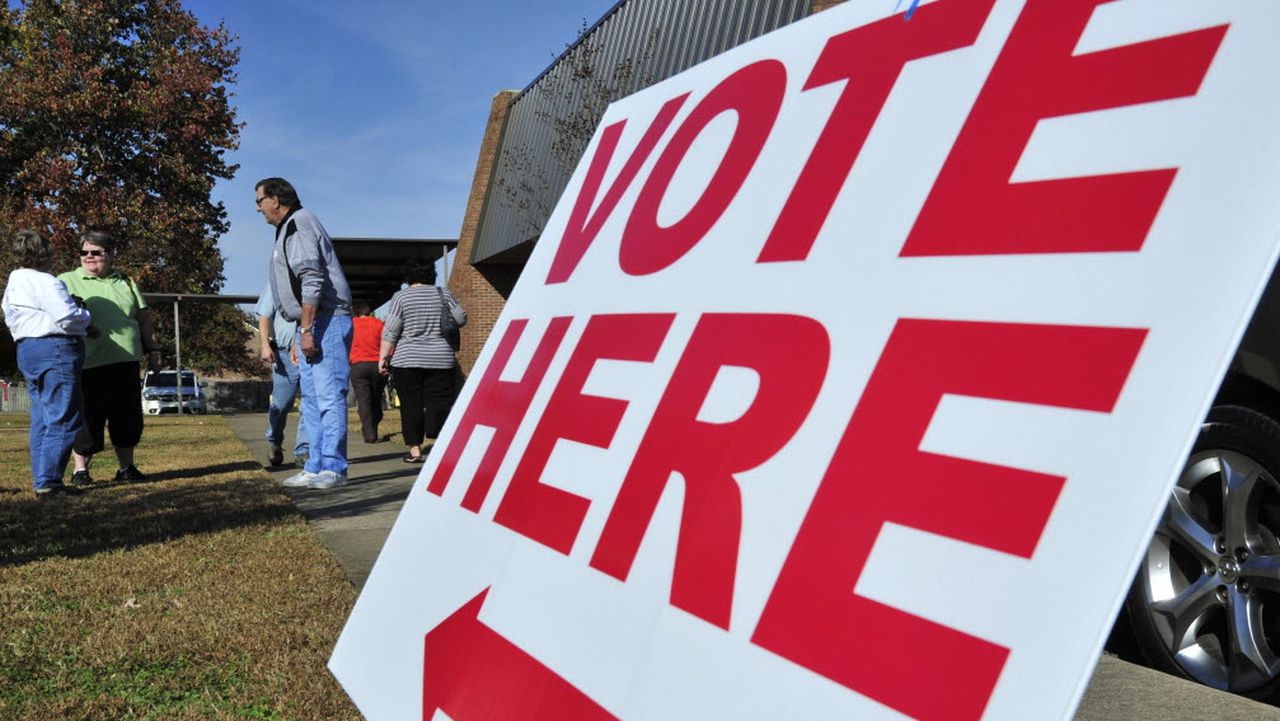Amendment 7 clarifies economic development spending for cities, counties
Statewide Amendment 7 on ballots across Alabama next Tuesday would bring uniformity to how cities and counties can use public funds to help promote economic development.
It would be the latest in a series of revisions to a prohibition in Alabama Constitution’s of 1901. Section 94 of the Constitution prohibits cities and counties from lending credit or granting public money or other things of value to private entities.
Over many decades, voters have approved dozens of exceptions to that Section 94 prohibition so local governments can make improvements needed to help attract industry and business.
Lori Lein, general counsel for the Alabama League of Municipalities, said voters have approved about 52 amendments that provide exceptions to Section 94. The amendments were tailored to certain counties and cities and varied in their specifics.
In 2004, voters approved Amendment 772 to the state Constitution as a statewide alternative to the patchwork of local amendments. Amendment 772 set guidelines on how counties and cities could use taxpayer dollars to help recruit businesses, including such steps and purchasing and improving property, selling, leasing and granting property, granting public funds, and issuing bonds.
Amendment 772 says that before any of those actions, local governments must pass a resolution stating that they are for a public purpose. The resolution must come at a public meeting with at least seven days public notice.
While Amendment 772 was intended to provide uniformity and negate the need for local economic development amendments, there has been uncertainty about its application. The uncertainty is mainly whether the counties and cities that are covered by their own amendments have the authority to spend public funds for economic development under the guidelines of Amendment 772.
Statewide Amendment 7 will affirm that all cities and counties are covered by Amendment 772.
“This is to clarify that 772 is available to any and all municipalities in the state of Alabama, regardless of their own local constitutional amendment that they may have on the books,” said Lori Lein, general counsel for the Alabama League of Municipalities.
Amendment 7 does a few other things. It says voter approval is not required for bond issues by local governments unless they are general obligation bonds, which means they are backed by the overall revenue of the municipality, as opposed to revenue bonds, which are backed by a specific tax.
Amendment 7 says local governments can post the public notice of Amendment 772 resolutions in any newspaper in circulation in their county, as opposed to a current requirement that the notice must be in the newspaper with the largest circulation in the county.
And Amendment 7 says that any actions taken by a local government under the guidelines of Amendment 772 are ratified and confirmed, a provision intended to remove the confusion over whether some local governments could operate under Amendment 772.
The Alabama League of Municipalities and the Association of County Commissions of Alabama support amendment 7. Sonny Brasfield, executive director of the ACCA, told AL.com in a story published in August that Amendment 772 is a more comprehensive tool for counties to fund economic development than the local amendments, many of which were passed with one specific project in mind.
Rep. Jeff Sorrells, a Republican from Hartford, sponsored the bill that became Amendment 7. It passed the House of Representatives and the Senate without an opposing vote.
Amendment 772 is one of 10 statewide amendments on the ballot next Tuesday.
Alabama Amendment 6 allows cities to spend existing tax on pay-as-you-go projects
Alabama Amendment 5 strikes obsolete ‘orphans’ business’ language from probate judges’ duties
Alabama Amendment 4: No changes in election laws within 6 months of voting
Amendment 3 on Alabama ballot requires notice before commutation of death sentences
Alabama amendment 2: Cities, counties could use federal funds for broadband expansion
Alabama Amendment 1: Aniah’s Law adds charges for which defendants can be held without bail
